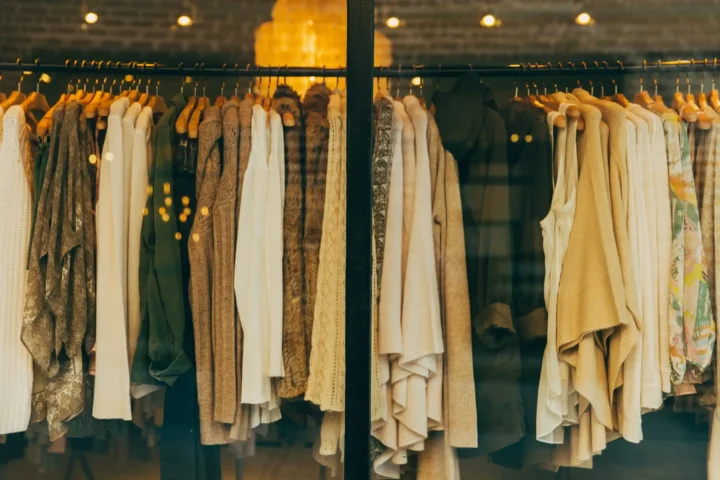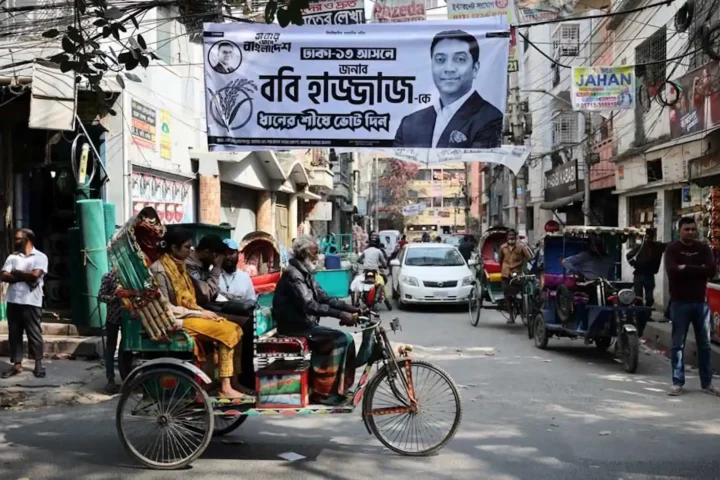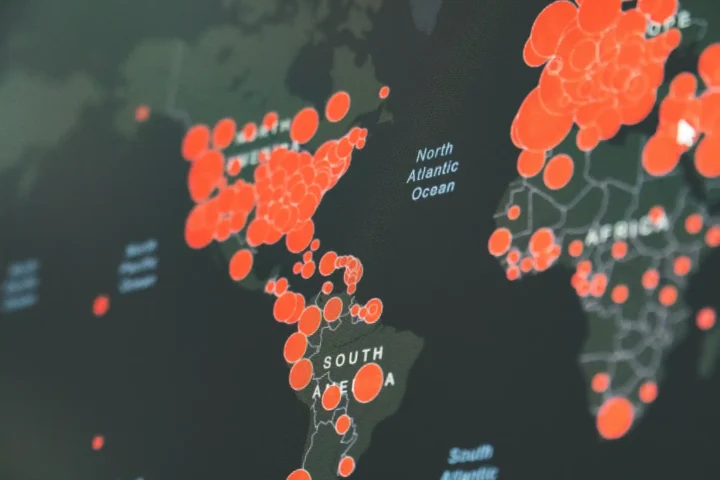In the vibrant and diverse cultural landscape of Bengal, one practice stands out as both a tradition and a contemporary necessity: adda. Far from being mere chitchat, adda represents the quintessential Bengali way of life, a vital thread weaving through the social and psychological fabric of the community. It is an extended, informal gathering where friends, family, and even strangers engage in fluid and relaxed conversations on topics ranging from literature to politics, science to sports. This practice, deeply embedded in the Bengali psyche, is more than just a pastime; it is a key to happiness, particularly for the elderly.
More Than Just Conversation
Adda is not simply about talking; it is an art form that encompasses discussion, debate, gossip, and intellectual exchange. It is a space where ideas flow freely and participants engage in lively discourse on anything under the sun—literature, arts, science, sports, politics, and everyday life. The venues for these gatherings are as diverse as the topics discussed: from the cosy parlours of middle-class homes and teashops to college canteens and public parks. Famous locations like the Indian Coffee House on College Street and Basanta Cabin are synonymous with this vibrant tradition.
Bengali writer Buddhadev Bose captured the essence of adda beautifully, noting that while the practice exists across India, it reveals its fullest glory in Bengal. The cultural and seasonal rhythms of Bengal infuse adda with a unique vibrancy, making it a celebration of life itself.
A Tradition Evolving With Time
Historically, adda was a male-dominated activity, rooted in the colonial past of Bengal. Women’s participation in adda with men was rare, constrained by societal norms of respectability. However, the landscape has evolved significantly. Today, adda is no longer an exclusively male domain. Increasing literary modernity and changing social norms have opened these conversations to women, making them an integral part of the adda culture.
Moreover, adda transcends socioeconomic barriers, bringing together people from various walks of life—students, office workers, intellectuals, and traders. This inclusivity enriches the adda experience, fostering a sense of community and shared identity among participants.
Psychological Benefits of Adda
Adda is particularly beneficial for the elderly, serving as an antidote to loneliness and a crucial element for mental well-being. Research consistently highlights the importance of friendships in later life, linking them to increased happiness, satisfaction, and even survival rates. Friends provide emotional support, companionship, and a sense of belonging, which are vital for maintaining self-esteem and overall health.

For many elderly Bengalis, adda is a daily ritual that provides a sense of purpose and joy. As Shyamal Kanti Sen, a 67-year-old resident of Saltlake, shared, “Adda after a morning walk is like an energy drink to me. Be it sunny, rainy, or cold, I never miss my morning walk. More than the walk itself, the adda that follows at the nearby teashop is the reason I get up early in the morning.”
This sentiment resonates with younger generations as well. Bidushi, an undergraduate student, finds adda sessions more engaging than her college lectures, highlighting the timeless appeal of this practice.
Therapeutic Adda
The therapeutic benefits of adda cannot be overstated. Madhushree Chatterjee, a retired college principal, continues to visit her old neighborhood for weekly adda sessions despite living in an old age home. This underscores the deep emotional and psychological connections fostered through adda.
Psychologist Rima Chakraborty concurs, stating, “Adda with like-minded people, where one can have heart-to-heart conversations and share their views without any judgment, is crucial for mental well-being. It is better than therapy.”
The Future of Adda
The COVID-19 pandemic and subsequent lockdowns posed significant challenges to the tradition of adda. While younger generations adeptly transitioned to virtual platforms, the elderly struggled, highlighting a digital divide. As lockdowns eased, physical gatherings resumed, reaffirming the enduring nature of this cultural practice.
However, modern lifestyles, hectic work schedules, and the lure of smartphones and social media threaten the future of adda. Additionally, the migration of younger Bengalis to other cities and countries has led to concerns about the preservation of this cultural heritage.
Despite these challenges, adda remains an integral part of Bengali life. It is not merely a cultural relic but a living, breathing practice that sustains the social and psychological well-being of its participants. As such, it is imperative to recognize and preserve adda as a hallmark of Bengali culture, ensuring that future generations continue to experience the joy and fulfillment it brings.
In a world increasingly dominated by digital interactions and fleeting connections, adda stands as a testament to the enduring power of human connection and community. It is a celebration of life, a source of happiness, and, for many Bengalis, the heartbeat of their existence.











